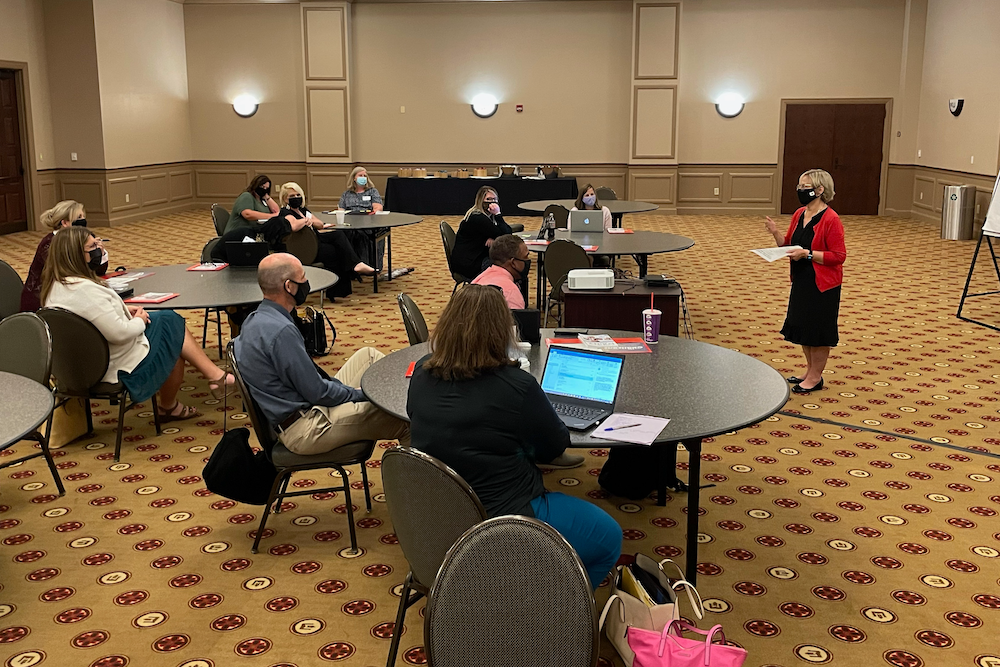Principals Equity Cohort

Register for the Jan. 24-26 Session
Free to attend. All meals and hotel expenses are covered, thanks to a generous gift from Sue and Brown Badgett and the J. Rogers Badgett Foundation
About the Cohort
The recent global pandemic has highlighted racial and economic inequities in many areas of schooling, including opportunities for advanced learning. Inequity in gifted education suggests that we are missing a large percentage of students whose potential may remain untapped and whose contributions may never be realized.
The Center for Gifted Studies at Western Kentucky University invites elementary school principals who are committed to learning more about finding and serving students with high potential from racially, culturally, ethnically, and linguistically different populations to join this Cohort. Participants will engage in lively discussions with national experts and other passionate elementary principals focused on cultivating equity and access to advanced learning.
Who Should Attend?
Elementary principals from rural, suburban, and urban school districts who want to take intentional and deliberate actions to address equity and access to advanced learning in their schools should join this Cohort. The Cohort provides school leaders with a safe, collaborative, and action-oriented learning space for courageous conversations about these very important issues.
What Will I Learn?
Participants will have the opportunity to engage with gifted education experts focusing on issues of equity and access.
Topics that will be explored:
- What do the data show about the percentage of students from minority and low-income backgrounds who perform at advanced levels?
- What are the barriers to equity in identification and services for students with high ability?
- What promising practices can be implemented that will increase the number of students from minority and low-income backgrounds who are identified and provided with opportunities for advanced learning?
- How can schools ensure that high-ability minority and low-income students are prepared for, have access to, and feel comfortable in advanced programs?

